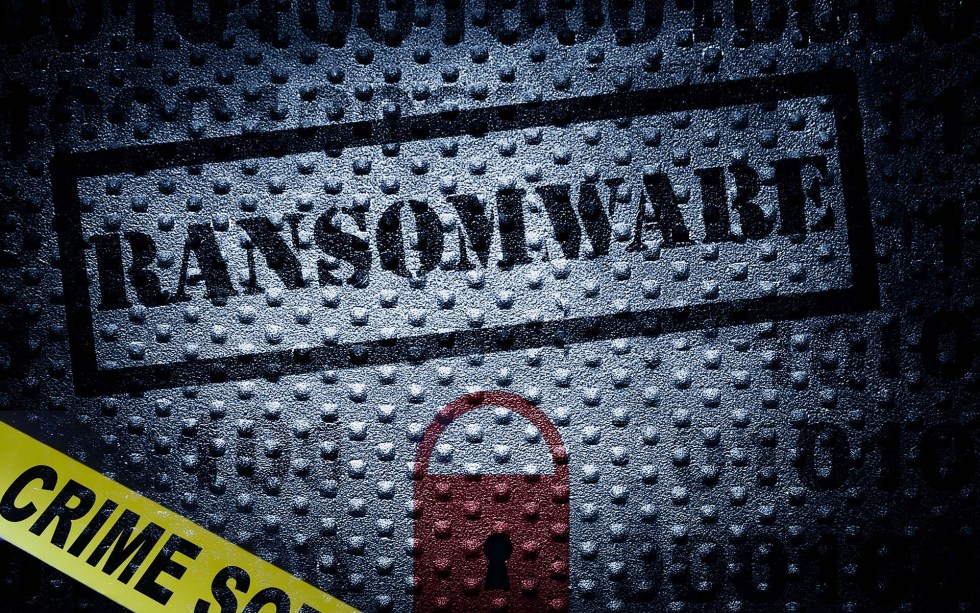Just weeks after the WannaCry ransomware virus made headlines around the world, another cyber attack known as Petya has sprung up, surprisingly using the same backdoor exploit as the attack previously mentioned despite a fix for the problem being released weeks ago.
Move Over WannaCry – There’s a New Cyber Attack in Town
This new attack infects the victim’s computer and encrypts the files stored there. Asking for a one-time payment of $300 sent to a specific Bitcoin address, the virus then states that an email must be sent to the attacker’s address containing the wallet address the payment was made from, along with a “personal installation key” which is printed on the screen of the compromised computer.
https://twitter.com/ankit5934/status/879681380686340096
At the time of this writing, roughly $8700 has been paid out by companies trying to regain access to their important files. One of the most notable companies that have been affected by the virus is A.P. Moller-Maersk, a Danish shipping company that has worldwide operations. They put out this tweet earlier today:
UPDATE 15:00 CEST pic.twitter.com/L5pBYvNQd3
— Maersk (@Maersk) June 27, 2017
Largest Ever Ransomware Payment Triggers Flood of Threats & Ransom Demands
Just over a week ago, the largest ransomware payment ever was paid by South Korean web hosting company Nayana, to the tune of $1,000,000 USD. Since then, local media has reported that other ransom demands have reached as high as $315,000 as several banks have been threatened with DDoS attacks if they don’t pay. South Korean businesses could be in for a rough few months, unfortunately, as companies from this country may be viewed as more likely to pay the ransom demands. As a result, hackers are growing bolder and demanding more money.
Most of these demands are being made by a group known as the Armada Collective, a hacker group that originated in 2015 with a successful attack on email provider ProtonMail. They are credited with popularizing ransom DDoS attacks. As these attacks become more popular, companies must go to greater and greater lengths to secure their files and their networks.
Another worrying side effect of these attacks is that it gives more fuel to the “Cryptocurrencies are only used by criminals” narrative that has been driven by the mainstream media for years. Hopefully, they won’t put knock down the strides Bitcoin and other digital currencies have made towards mainstream adoption.
How do you think these attacks will affect the adoption of digital currencies? Will the attacks decrease as security to protect companies is improved? Let us know in the comments below!
Images courtesy of Twitter, Shutterstock
